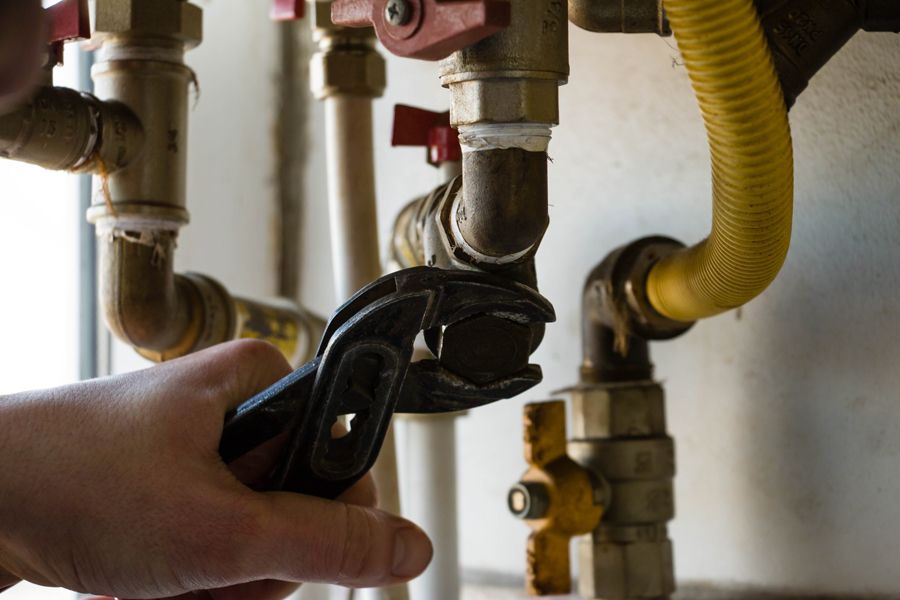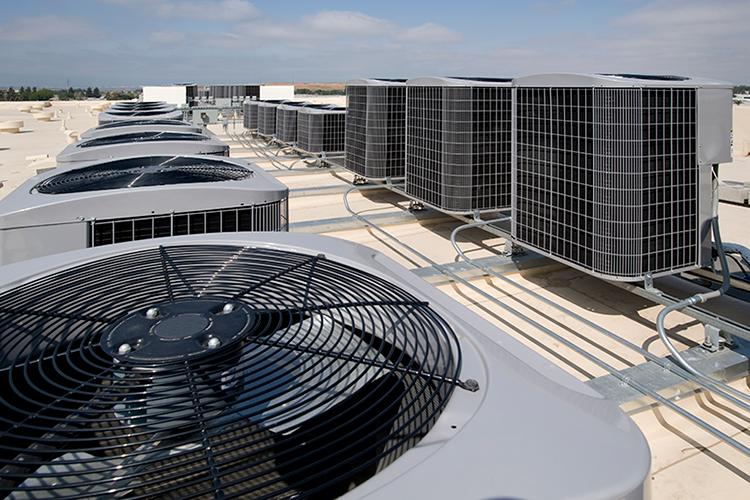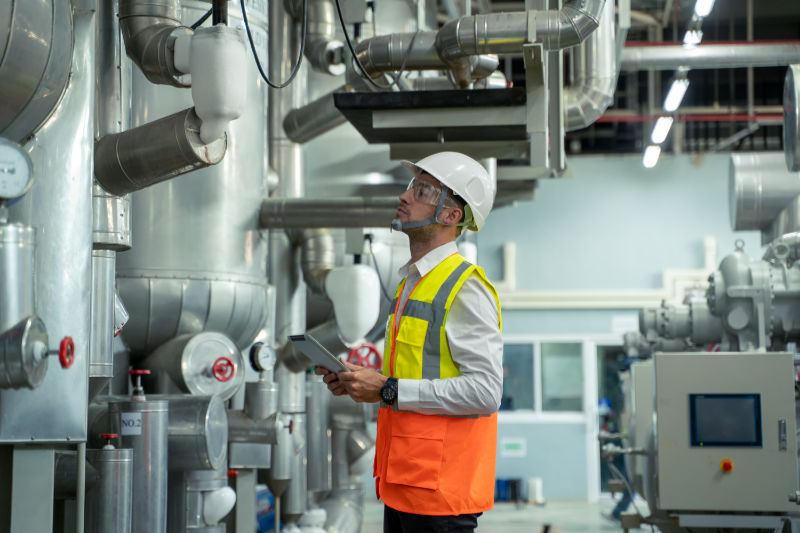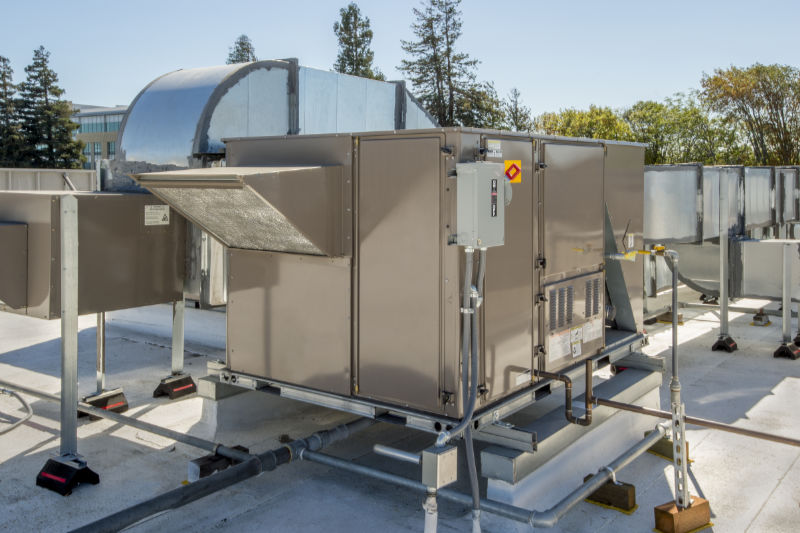News
Having no heat in your business is more than an inconvenience. When your commercial boiler stops heating, it can cost you customers, productivity, and money. This can all add up quickly.
Continue ReadingKeeping your Illinois business safe and comfortable is crucial. However, commercial heating and cooling are more complex than a typical home setup. You likely have multiple rooms or floors with varying temperature needs.
Continue ReadingHeat pumps are not only for residential applications, as many may assume. They can be an energy-efficient and economical heating, ventilation, and air conditioning (HVAC) alternative here in Lake County to the traditional HVAC systems the majority of commercial buildings use.
Continue ReadingMaking your work environment comfortable is the key—but it can get expensive.
Continue ReadingWith winter weather knocking at the door, now is the time to ensure your Illinois boiler is operating at optimum efficiency. The Old Farmer’s Almanac predicts bone-chilling temperatures in the months ahead—let’s do everything to keep your Chicago building cozy and comfortable.
Continue ReadingAll commercial heating, ventilation, and air conditioning (HVAC) systems need care in the cooler months to keep them running efficiently.
Continue ReadingFrom our desk to yours, here are four common factors to monitor with your commercial heating and air conditioning system.
Continue ReadingCall us today to schedule a free consultation on creating a maintenance plan for your Chicago area building.
Continue ReadingKettling is the reason you hear a banging noise coming from your commercial boiler. Our trained professionals at Amber Mechanical can help.
Continue ReadingAre you looking for ways to save on heating, ventilation, and air conditioning (HVAC) energy costs in your Illinois business? Consider retrofitting your rooftop unit with an economizer.
Continue Reading









